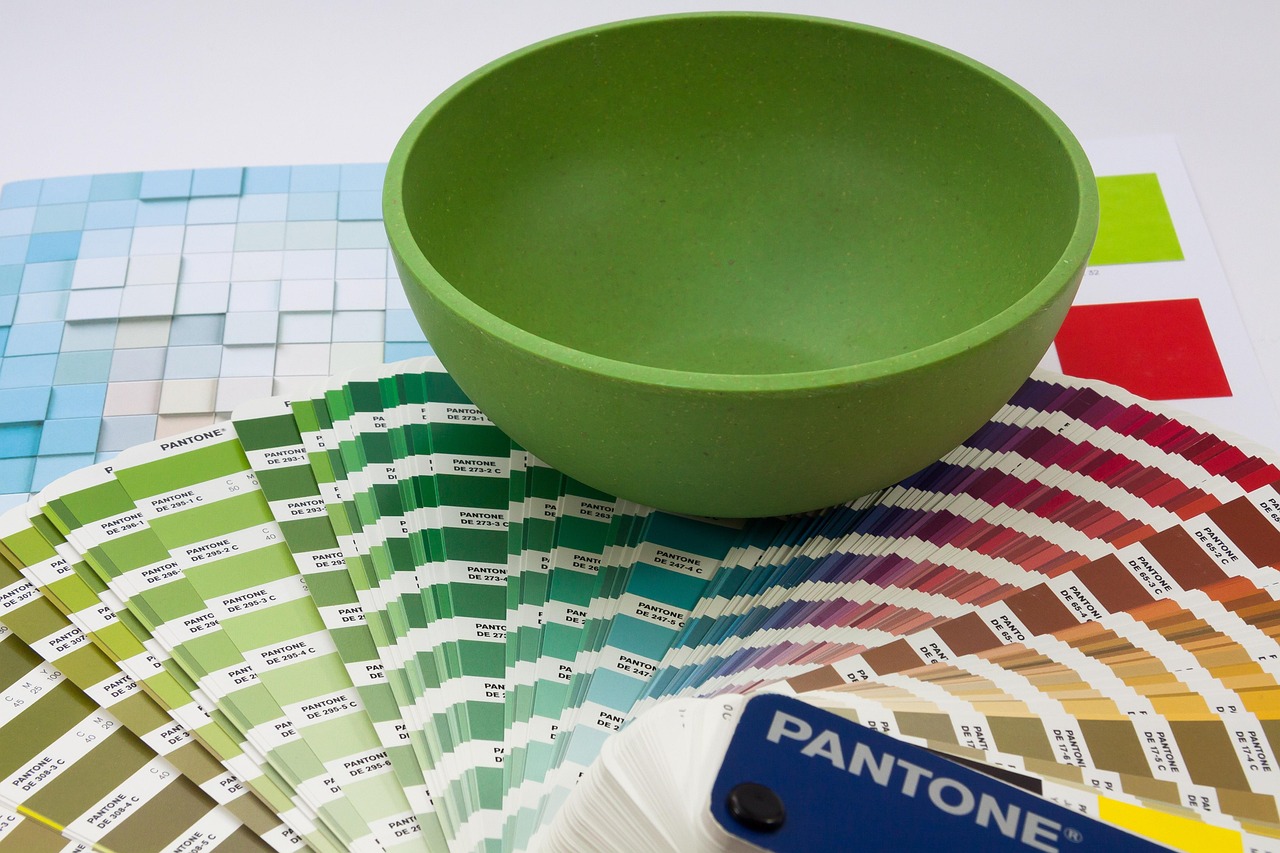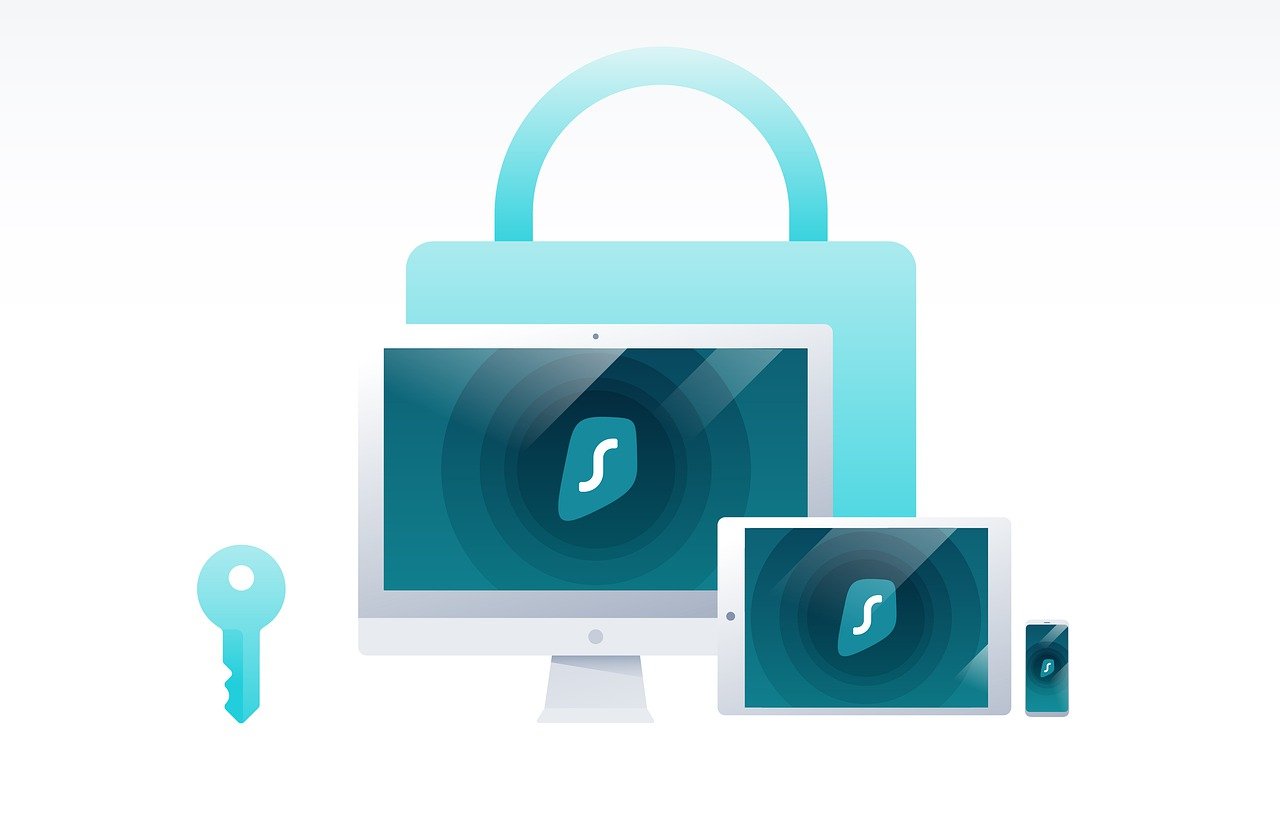The SBA estimates that 90% of startups fail in their first year. This alarmingly high statistic poses a challenge for entrepreneurs, with many opting to buy an existing business rather than start their own.
But whether you launch a start-up or buy an existing business, each comes with its own challenges. There are pros and cons to both, and what makes the decision tricky is that it’s hugely dependent on personal situations.
An entrepreneur needs to carefully consider the options, and decide how these will impact on their ability to start and manage the business. There are certain key areas that need serious consideration before prospective owners take the leap.
Are You Prepared to Start From Scratch?
Starting a business from scratch is certainly a lot harder and more complicated than buying an existing venture. You’ll start with nothing but an idea, and put all the pieces together from there. This includes elements like registering the business name, creating a new brand identity, and finding suppliers.
Most of the time, when purchasing an existing business, many of these elements are already in place. When you take the reins, it becomes a case of building on what’s already there, but you have a base to work from.
If you’re not prepared to start from the very beginning, buying a business is going to be a far more attractive proposition.
Weighing Up Your Skillset
Never underestimate the amount of skill that goes into starting a business. If you’ve never done so before, you may soon discover there’s more to it than you anticipated. You need to become incredibly driven, highly organized, and an expert planner. You’ll face piles of admin, and if you’re hiring staff, you’ll need to familiarize yourself with this process, too. Without these skills, your business may never move beyond an idea.
Buying a business bypasses many of these administrative requirements. As the new business owner, you can immediately pour your energy into certain aspects of the organization that you feel need attention. You don’t necessarily have to acquire any new skills and can focus on whatever you feel would benefit from your expertise. As the business is already running, you have far more freedom and flexibility.
The Cost Factor
Purchasing an existing business tends to be a far more expensive endeavor than starting your own. Essentially, you’re buying someone else’s hard work and customers. Plus, not only are you buying the tangible assets, but you’re also getting the intangible ones, like goodwill too. And these assets all come at a price. You may need to seek additional funding or investors, and this could see you start with a considerable amount of debt.
On the other hand, starting your own business is something that you can do relatively cheaply. You can begin small and grow as your revenue does. However, it could take you several years to build up a customer base and turn a profit.
A Question of Revenue
When you purchase a business, it will already have a financial history. Even if it has yet to prove profitable, it will have generated revenue that provides an indication of potential sales. You can also continue selling an existing product or service, versus marketing one from the ground up.
When starting a new business, you can forecast potential revenue, but there’s no guarantee your market research will prove correct. It could take a considerable length of time before you start generating revenue, and you’ll need to have the finances to support yourself and your startup for as long as necessary. However, if your costs are kept to a minimum, a smaller turnover is less problematic.
Room for Creativity
Starting a business from scratch allows for plenty of creative scope. It’s easy for a small business owner to put their personal touch on virtually every aspect of the business. From the logo to the marketing material and the invoices, every aspect is yours to customize. You’ll create all processes and procedures too and can personalize them to suit your requirements.
If this amount of creative freedom seems overwhelming, purchasing an existing business is certainly the way to go. Taking over an established business allows the new owner to make their mark on the aspects that they’re most interested in. In all the other aspects, the business will keep running as is. This reduces the stress and time commitment required, at least to some extent.
Purchasing a Franchise
Purchasing a franchise offers its own unique set of possibilities. It’s something of a middle-ground between a start-up and purchasing an existing business.
A franchise allows you to capitalize on an existing brand’s popularity, and it allows very little room for changes or personal flavor. What it does provide is a rigid structure. But most importantly, it offers access to a business model that’s proven to work.
Purchasing a franchise might cost more than other similar businesses, but much of the hard work is completed before you even start. Suppliers, branding, and products are all in place and it’s simply up to you to run the operation successfully within the confines of the franchise agreement.
A Personal Entrepreneurial Choice
There’s no right or wrong choice.
Buying a business or starting your own is different for each individual. The key is to research each option in-depth, know exactly what your financial position is, and whether you have the drive and skillset to work your way up.











